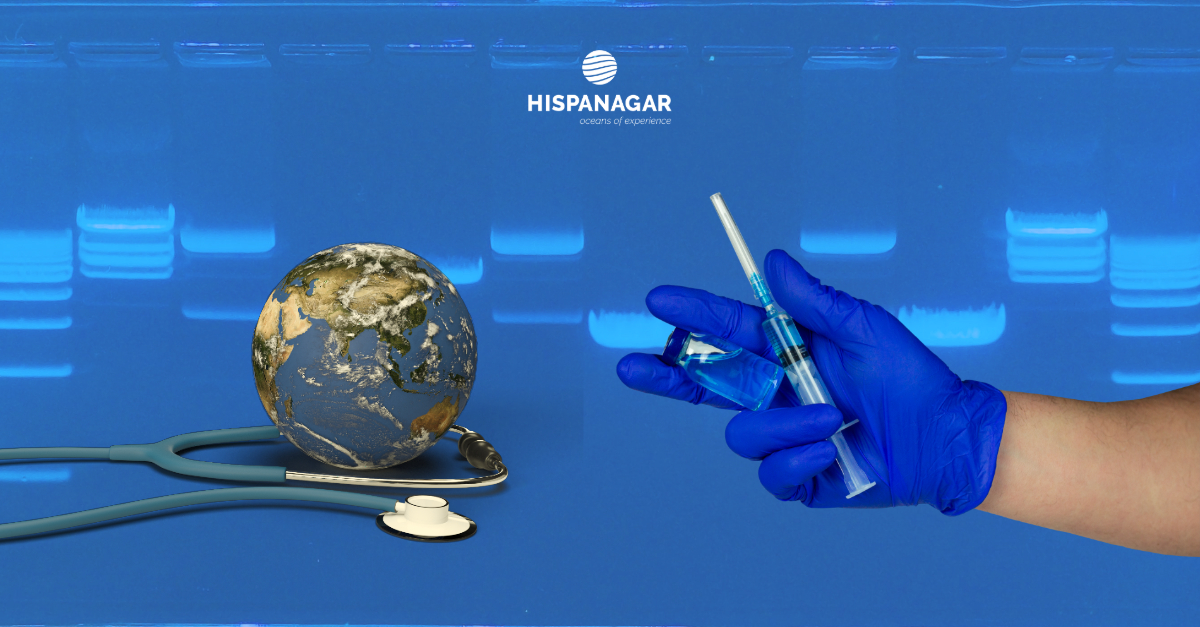Agarose: a key product in vaccine production and public health
Mon, 07/04/2025 - 06:54
Vaccines are an essential tool in the fight against infectious diseases and to improve the quality of life. Behind every effective vaccine is a sophisticated production process that requires high-quality raw materials.
One of these key raw materials is agarose, a polysaccharide derived from seaweed that plays a critical role in the purification and separation of biomolecules.
Agarose is mainly used in chromatography, a technique that allows the separation and purification of molecules of interest from a complex mixture.
In vaccine production, agarose is used to purify antigens, the substances that trigger an immune response in the body. Purification of these antigens is essential to ensure the safety and efficacy of the vaccine.
In addition to its critical role in the purification of biomolecules, agarose is also used in other traditional techniques such as electrophoresis, which is used to analyze the size and purity of nucleic acids (such as DNA or RNA) or proteins based on their size and electrical charge.
Companies such as Hispanagar play a key role in the production of a wide range of high quality agaroses for the pharmaceutical industry. Hispanagar is dedicated to the sustainable production of agarose from seaweed, ensuring a consistent and environmentally friendly supply.
Their commitment to quality and sustainability directly contributes to the production of safe and effective vaccines, which has a positive impact on global public health.

